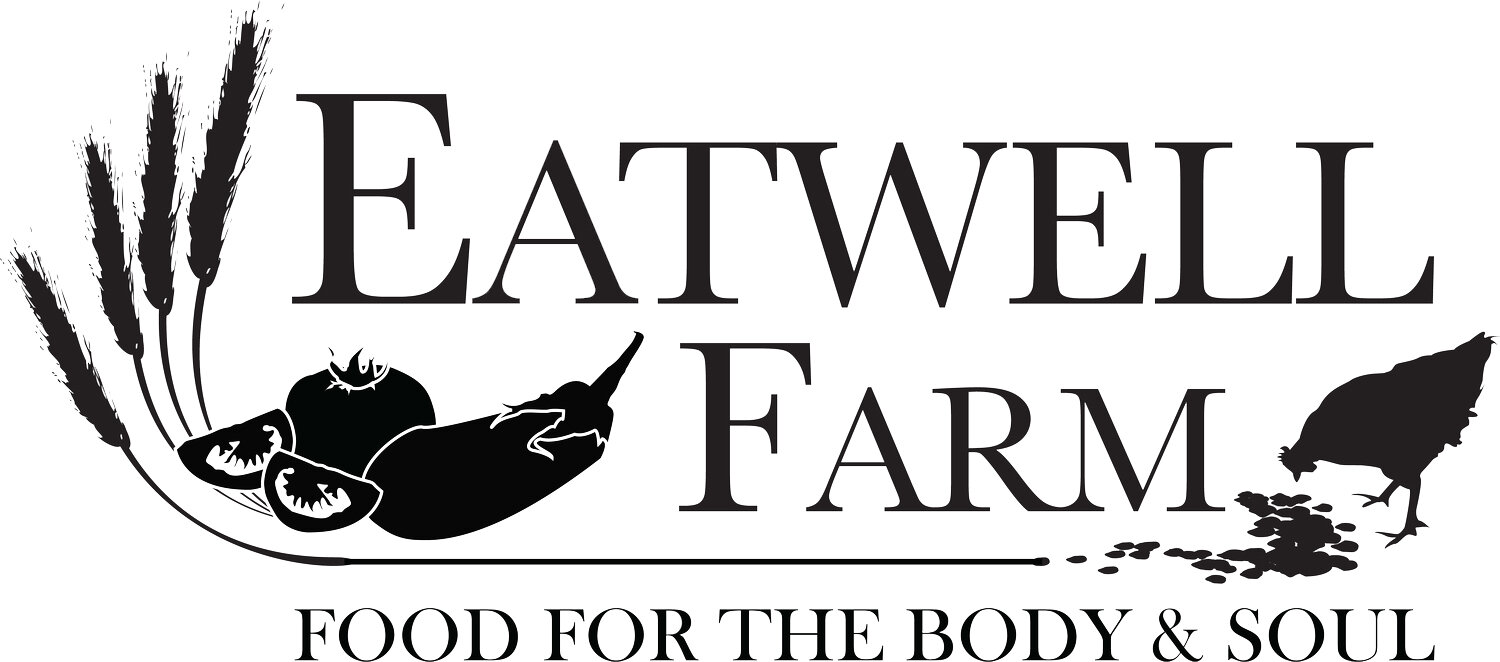A few years back we embarked on the journey of breeding and raising our own hens, and of course with hens come roosters. One of our members was at BarnRaiser and she suggested we get the ball rolling by raising the initial $23,000.00 with the help of their crowd funding program. It was a great success, which got us started in the world of breeding the heritage"Black Australorp" chicken. Full of good intentions, we bought all of the breeder flock, hatching equipment, the breeder houses, and jumped in. Not too long into the project Nigel went through another round of cancer, which left Agustin, our top chicken guy, essentially on his own to run it all.
We are now at the end of our second winter with the Australorps and find ourselves facing some really hard facts. Hybrid layers have been bred to produce eggs year round. Yes production goes down in the winter, but they still lay. In past years, Nigel always managed winters by bringing in flocks at precisely the right time to have enough eggs to cover the farm's needs (the CSA and Farmers Market). We knew the production would be even lower with the Australorps, but we didn't expect them to essentially stop laying from mid September to the beginning of March! With Nigel unavailable to help out and organize a hybrid flock in time we have really suffered this winter with a severe shortage of eggs. Fortunately, our friends at Riverdog Farm helped out when we didn't have enough eggs for all of the CSA subscriptions. You can not imagine what a disaster it is when members don't get eggs!
The second half of hatching your own birds comes in the form of roosters. The roosters - aka meat birds have brought their own set of challenges. Unfortunately, as much as Nigel and I love the taste of our heritage meat birds, they don't put on weight very fast, which means they cost a fortune to feed and bring to maturity. We are a small producer so the cost of processing is $4.00 per bird. That is strictly what we pay the processor, it doesn't include the time for the guys to load the roosters, someone to drive down and back twice (once for delivery and then again to pick up), and it certainly doesn't include the cost of feed. As crazy as it may sound, at $9.00 a lb we are maybe breaking even.
Facing the reality of $4000.00 feed bills every three weeks, we can't afford birds that don't lay eggs in the winter. But when you have committed so much energy and heart, not to mention time and money (the initial $23,000 only covered the hatching end of things) we realize we must make the hard decision and step back from breeding, at least for the time being. We have a flock of hybrid layer chicks coming in the next few days. They should be in high gear for next winter. Nigel is determined to not let the shortage we have experienced these last two years happen again next winter. So onward we go, learning all the way and always, that is just life as a farmer.

